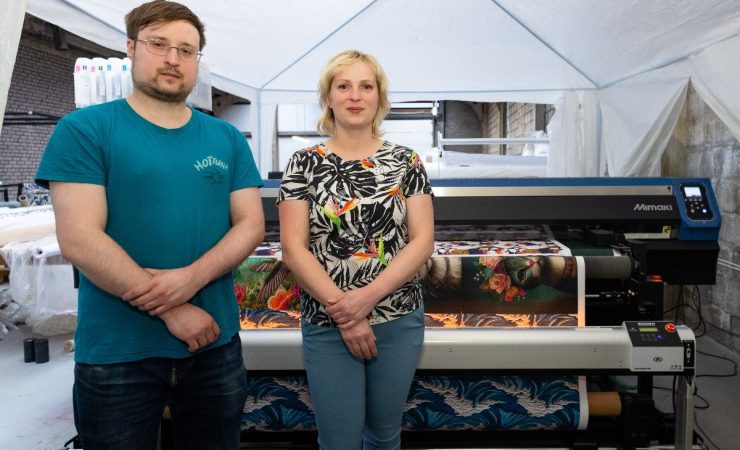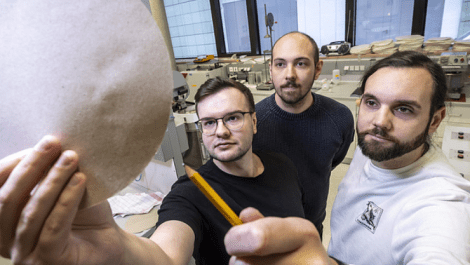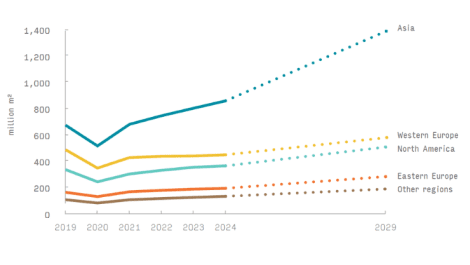Dundee-based Flamingo Fabrics says it has revolutionised its business model with the installation of a Mimaki Tx300P-1800B ‘Tiger’ roll printer, enabling it to provide sustainable solutions for designers and home sewing enthusiasts ordering custom printed fabric in runs as short as half a metre.
Flamingo Fabrics director Dorota Potorska explained, ‘We understand that designers, sewers and home crafters often require smaller quantities of fabric for their projects. By offering short run lengths, we provide the flexibility and customisation required to meet their individual needs. Our customers can experiment with new ideas, test the market’s response to their creations, and minimise financial risk by ordering fabric in quantities as short as half a metre. This flexibility allows for greater creativity, as it enables the production of unique and limited-edition designs that cater to niche markets and individual tastes.’
In addition to the creative and cost advantages of supporting such short runs, Ms Potorska is keen to promote the sustainable benefits of Flamingo’s approach. ‘Our model solves the traditional problems of textile printing. Short run lengths contribute to the reduction of excess inventory and waste in the fabric printing industry. Traditional manufacturing processes often involve large minimum order quantities, leading to unused fabric that may end up as waste.
‘Flamingo Fabrics’ approach eliminates the need for our customers to purchase more fabric than necessary, ensuring that every metre we print is used effectively. It’s a huge help to small businesses as they order from us based entirely on the order they’ve received from their customer.’
The 1.8m Mimaki printer, previously known as the ‘Tiger’, was selected after a lengthy period of market research that began with attending ITMA 2019 in Barcelona, which led to a visit to RA Smart for a demonstration. A key feature of the printer, which can print reactive or dye sublimation inks (either direct or via transfer paper), was the sticky belt which can handle a wide range of fabrics including those with inherent stretch, enabling Flamingo to offer a wide range of base cloths to its customers.
The printer was installed at the end of lockdown, which brought its own challenges, but Ms Potorska experienced a quick uptake from her customers. ‘The new Mimaki meant we could stop ordering offshore and live the model we were starting to offer our customers,’ she recalled. ‘Previously we were ordering in large quantities which meant the potential for extra stock, and we’re passionate about offering a low inventory, low waste, sustainable model.’
Flamingo Fabrics offers a changing design library with a minimum run length of 0.5m, while customers who submit their own designs are only required to commit to 1m, ensuring that small businesses can really enhance their offering to their customers.
‘We’re actively demonstrating a significant shift to the most sustainable model for textile printing, Ms Potorska concluded.



